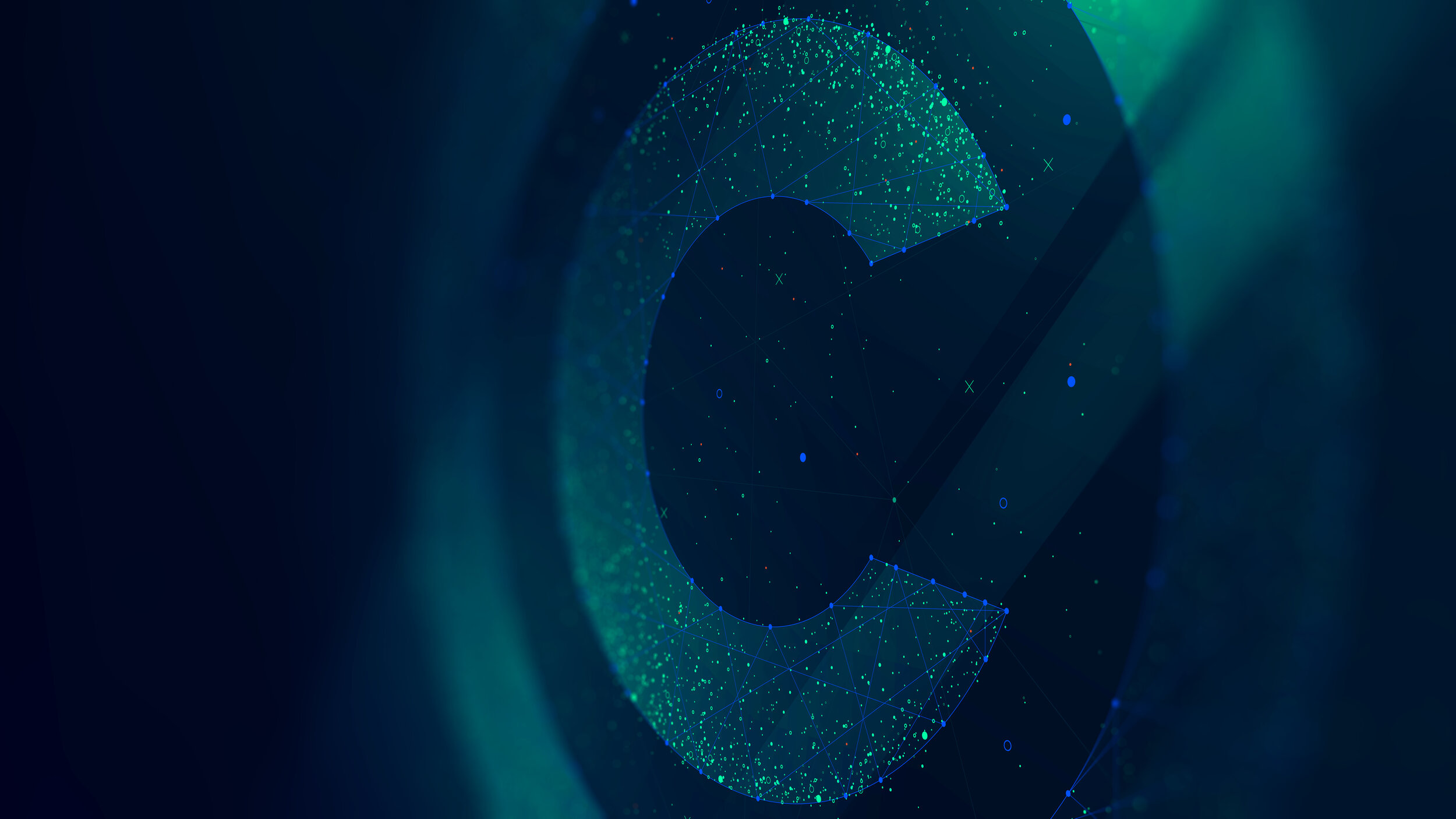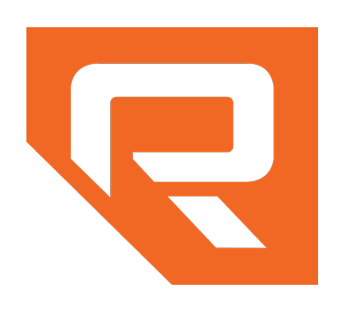
Strategically Protecting Your Innovation
Copyright protection can be a valuable tool in an intellectual property protection scheme for creators ranging from self-publishing novelists to multi-national corporations.
Simply put, copyright protects an author’s original work from unauthorized use, including reproduction, distribution and performance. While traditionally linked to artistic works like sculptures, paintings and musical works, copyright protection can also extend to architectural plans, advertising and promotional materials, packaging arrangements, user manuals and logo designs.
Our Copyright Group is poised to offer guidance and support to authors of all shapes and sizes in securing protection for their works and policing and enforcing that protection.
Prosecution & Counseling
Copyright in an original work of authorship arises as soon as the work is created. This occurs when the work is fixed in a copy or phonorecord for the first time. These are material objects from which a work can be seen (copies) or heard (phonorecords). Currently ,the term of a copyright is the life of the author plus an additional seventy years.
A copyright may be registered at the U.S. Copyright Office by filing certain forms and paying a nominal fee. Registration can be made at any point in the life of a copyright. Although entirely voluntary, registration does have many benefits, including:
Establishing a public record of the copyright claim
Allowing for access to federal courts for copyright infringement lawsuits
Establishing prima facie evidence of the validity of the copyright and the facts in the certificate if certain filing deadlines are met
Allowing for the collection of statutory damages and attorney’s fees for infringement of the work if certain filing deadlines are met
Allowing the copyright owner to record the registration with U.S. Customs for protection against importation of infringing copies
Our copyright attorneys will work closely with you to determine how best to protect your works of authorship and to help you execute your protection plan. At the early stages, we can assist in determining ownership interests of particular works, as well as securing assignments of rights. And once a work is complete, we can help you decide which types of copyrights might work best for your work, and then register your works at the U.S. Copyright Office.
Enforcement
Where a copyright has been registered with the U.S. Copyright Office, the copyright owner has the ability to assert that copyright in federal court. Copyright infringement is the unauthorized use of a protected work. Examples of unauthorized use include reproduction, display, distribution or performance of a protected work.
Copyright infringement occurs where the copyright owner is able to show (1) ownership of a valid copyright and (2) copying of the copyrighted work that results in a work that is substantially similar to the original. Copying can be inferred from evidence of access to the copyrighted work and similarity to the copyrighted work. Ultimately, substantial similarity is determined from the perspective of an ordinary observer.
Remedies available for copyright infringement include injunctions to stop the infringer from continuing the infringing acts as well as damages to make the copyright owner whole. Copyright owners can generally recover actual damages (i.e., the amount of money they would have made had there been no infringement), but only to the extent they can prove actual harm. In some instances, however, a copyright owner may instead be entitled to statutory damages, which require no proof of actual damages. The availability of statutory damages can make copyrights a very powerful type of IP protection.
In situations where litigation is not a favorable option, copyrights can also be licensed and even transferred. If some situations, these transfers might not be valid unless they are in writing and signed by the copyright owner.
Moreover, a copyright owner may register the copyright with U.S. Customs to prevent the importation of infringing copies. This requires the preparation and filing of an application, along with the payment of a fee. This recordal lasts for twenty years unless the underlying copyright expires before that time.
Whether you are a copyright owner or an alleged infringer, Renner Otto’s IP Litigation Group has the experience to help. In federal court, at mediation and in licensing negotiations, Renner Otto’s attorneys have represented clients in copyright cases related to works ranging from architectural designs to photographic works.


